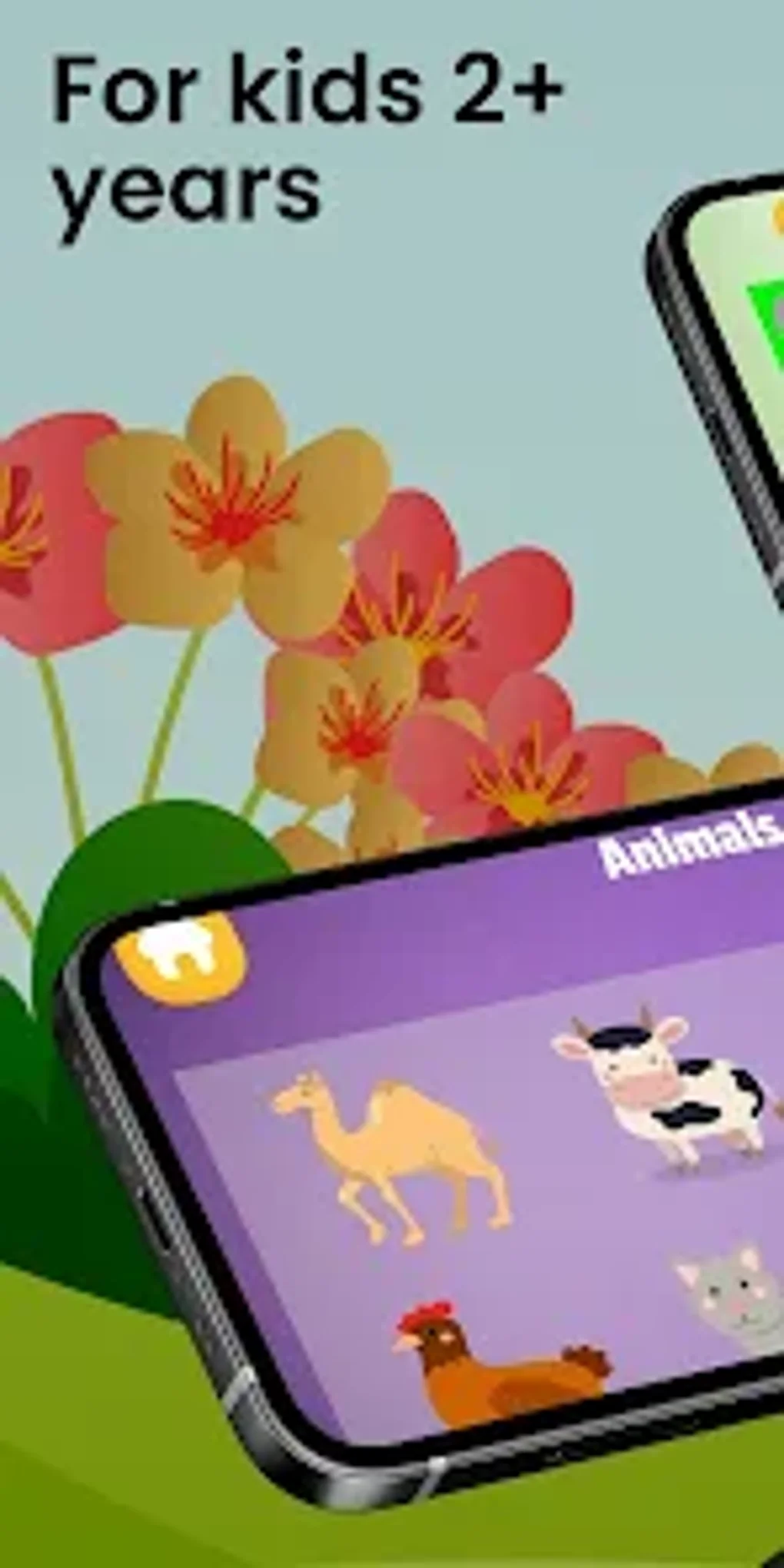How has Telegram become such a pivotal platform for global communication? A bold statement lies in its sheer numbers: over one billion users worldwide. This makes it not just an app but a digital lifeline, especially for communities like the UK Somali diaspora who utilize Telegram channels as essential hubs for information sharing and networking.
In today's interconnected world, platforms that offer seamless communication are indispensable. Telegram stands out due to its commitment to simplicity, speed, and security—features that have earned it a place among the top five most downloaded apps globally. For many, including those within the UK Somali community, Telegram is more than just a messaging service; it's a tool that fosters connectivity across borders. Its encrypted messaging capabilities provide users with privacy while enabling them to engage in discussions ranging from cultural preservation to political discourse. However, this powerful technology also attracts misuse, as evidenced by instances where extremist groups exploit these channels for harmful purposes.
| Bio Data & Personal Information | Career & Professional Information |
|---|---|
| Name: Pavel Durov | Position: Founder of Telegram |
| Date of Birth: November 10, 1984 | Company: Telegram Messenger LLP |
| Place of Birth: Saint Petersburg, Russia | Industry: Technology/Communications |
| Education: Saint Petersburg State University | Official Website |
The role of Telegram extends beyond casual conversations. It played a significant part during critical events, such as the tragic murder of Sir David Amess, a British Member of Parliament. Investigations revealed that the perpetrator had communicated via Telegram messages, highlighting both the platform’s reach and potential vulnerabilities when misused. Yet, despite controversies surrounding its use by nefarious actors, Telegram continues to innovate. Its integration with services like Starlink demonstrates efforts toward expanding high-speed internet access globally—an initiative crucial for underserved regions.
Somalia and Somaliland present another dimension of Telegram's impact. When the State of Somaliland declared independence in 1960, it marked a historic moment recognized by numerous countries through congratulatory telegrams, including one from the United States Secretary of State at the time. Decades later, Telegram serves as a modern equivalent, facilitating dialogue between Somalis scattered around the globe. While challenges persist regarding misinformation or radicalization on such platforms, their utility remains undeniable for fostering unity amidst diversity.
Moreover, geopolitical dynamics influence how technologies like Telegram are perceived. In areas prone to conflict, they can either amplify tensions or serve as conduits for peacebuilding initiatives. Consider the case of ISIS releasing videos aimed at garnering support in Somalia, using Telegram as part of their propaganda machinery. Such actions underscore the dual nature of technological advancements—they empower but may also endanger depending on intent and context.
Telegram's architecture prioritizes user experience without compromising safety measures. By offering end-to-end encryption, it ensures private conversations remain confidential. Additionally, multi-device synchronization allows users to maintain consistent communication regardless of location changes. These attributes resonate particularly well with expatriate populations seeking reliable means to stay connected with homeland affairs.
As we delve deeper into the digital era, platforms like Telegram will continue evolving to meet emerging demands. Whether addressing cybersecurity threats, enhancing connectivity options through partnerships like Starlink, or adapting algorithms to filter malicious content, Telegram exemplifies adaptability in tech innovation. For communities like the UK Somalis, maintaining robust communication networks strengthens ties across continents, reinforcing identities rooted in shared heritage yet enriched by diverse experiences abroad.
Yet, balancing freedom of expression against preventing abuse poses ongoing challenges. Regulatory frameworks must strike a delicate equilibrium ensuring free flow of information while safeguarding societal welfare. As demonstrated by incidents involving hate speech or incitement to violence propagated through encrypted channels, vigilance is paramount. Collaboration between governments, tech companies, and civil society becomes essential in navigating these complexities.
Ultimately, Telegram represents far more than just an application—it embodies possibilities inherent in digital transformation. From bridging divides within marginalized groups to serving as battlegrounds for ideological conflicts, its influence permeates various facets of contemporary life. Understanding its multifaceted roles equips us better to harness benefits responsibly while mitigating risks effectively.



